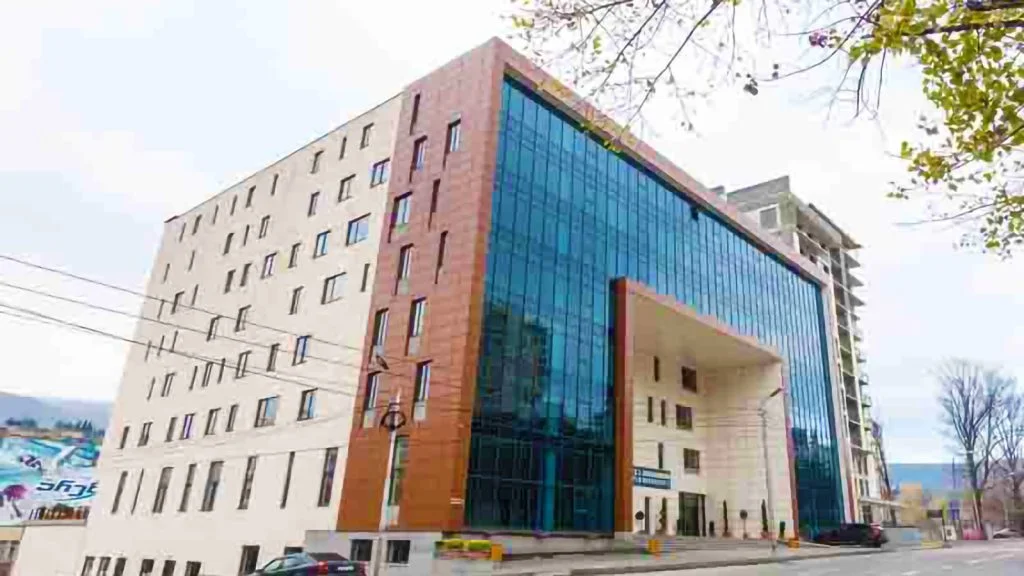Global Recognition:
Many prestigious organizations worldwide recognize the university, and this greatly helps students' decisions. The university gets approval from well-known organizations like WHO, NMC, FAIMER, and ECFMG, which makes it even more trustworthy. This doesn't just make students interested in joining, but it also guarantees them an excellent education and a bright future.
World-class education:
Alte University stands out because of its exceptional quality of education. The campus is equipped with cutting-edge facilities that cater to the needs of students effectively. By incorporating advanced technology into their teaching methods, the university is able to deliver valuable and top-tier education to its students. This combination of outstanding educational practices and modern infrastructure sets Alte University apart from the rest.
Ideal Student professor ratio:
Maintaining the correct balance between students and professors is of utmost importance, especially in medical colleges. But, only a limited number of colleges are fulfilling this crucial need. The recommended ratio, which is considered the most effective, is to have 15 students for every 1 professor. This balanced ratio ensures that students receive sufficient attention, guidance, and teaching from their professors, leading to a better overall learning experience.
Skilled professors:
Experienced professors share their extensive knowledge and wisdom, built up over many years, which gives students extremely valuable insights and information. This experience is one-of-a-kind and offers students that they can't find anywhere else. The guidance and support from these teachers make the students' learning experience even better, giving them practical and real-world understanding that helps them succeed in their chosen careers.
Hands-on experience:
At the university, they value learning by doing more than just studying theories. Actually, doing things is better for truly grasping ideas than just reading about them. Students can learn from real doctors, get help from professors while working with patients, and gather knowledge from looking at real-life examples.









